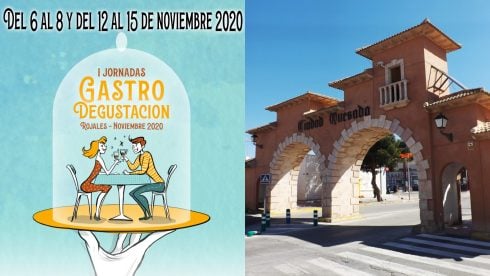SPAIN is set to declare a state of alarm on Sunday in an emergency meeting of the Council of Ministers.
It comes after a slew of regions requested the extra powers over Friday and Saturday to deal with a surge in coronavirus.
The autonomous communities which have asked for a state of alarm to bring in curfews and other measures are the Basque Country, Catalunya, Cantabria, Extremedura, La Rioja, Navarra, Castilla-La Mancha and the Valenciana Community, as well as the autonomous city of Melilla.
The right wing governments of Andalucia and Madrid have also announced curfews but have stopped short of asking the central government for a state of alarm. All regions asking for the measure are run by PSOE or nationalist governments.
The second state of alarm does not mean the country is entering another lockdown.
It is merely a legal framework which allows for regional governments to apply tougher lifestyle and mobility restrictions in their fight against COVID-19.
It means curfews, the closing of city or town borders, reduction of business hours and more can be done so without any judicial spanners in the works.
It comes after restrictions put in place in some regions have been challenged in the courts.
Last week the Basque Country ordered capacity reductions and limited friend and family meet ups, which was overturned in the Superior Court of Justice.
Navarra president Maria Chivite said her government ‘needs to have legal coverage to be able to adopt other measures that go beyond the current ones in force.’
La Rioja president Concha Andreu said: “The state of alarm means only one thing: having legal protection to be able to adopt the necessary measures to stop the contagion curve.
“We need certainties and to act within a regulatory framework that protects us while making firm decisions.”
Until this week, most regions had feared the political consequences of declaring a state of alarm, but the rapidly deteriorating figures have seen a rapid turn around.
The state of alarm being declared tomorrow will only be ‘active’ in those regions who have asked for it to be so.
It could also provide legal cover for reduction in closing hours and curfews and closures in provinces such as Granada.
Click here to read more Spain News from The Olive Press.








